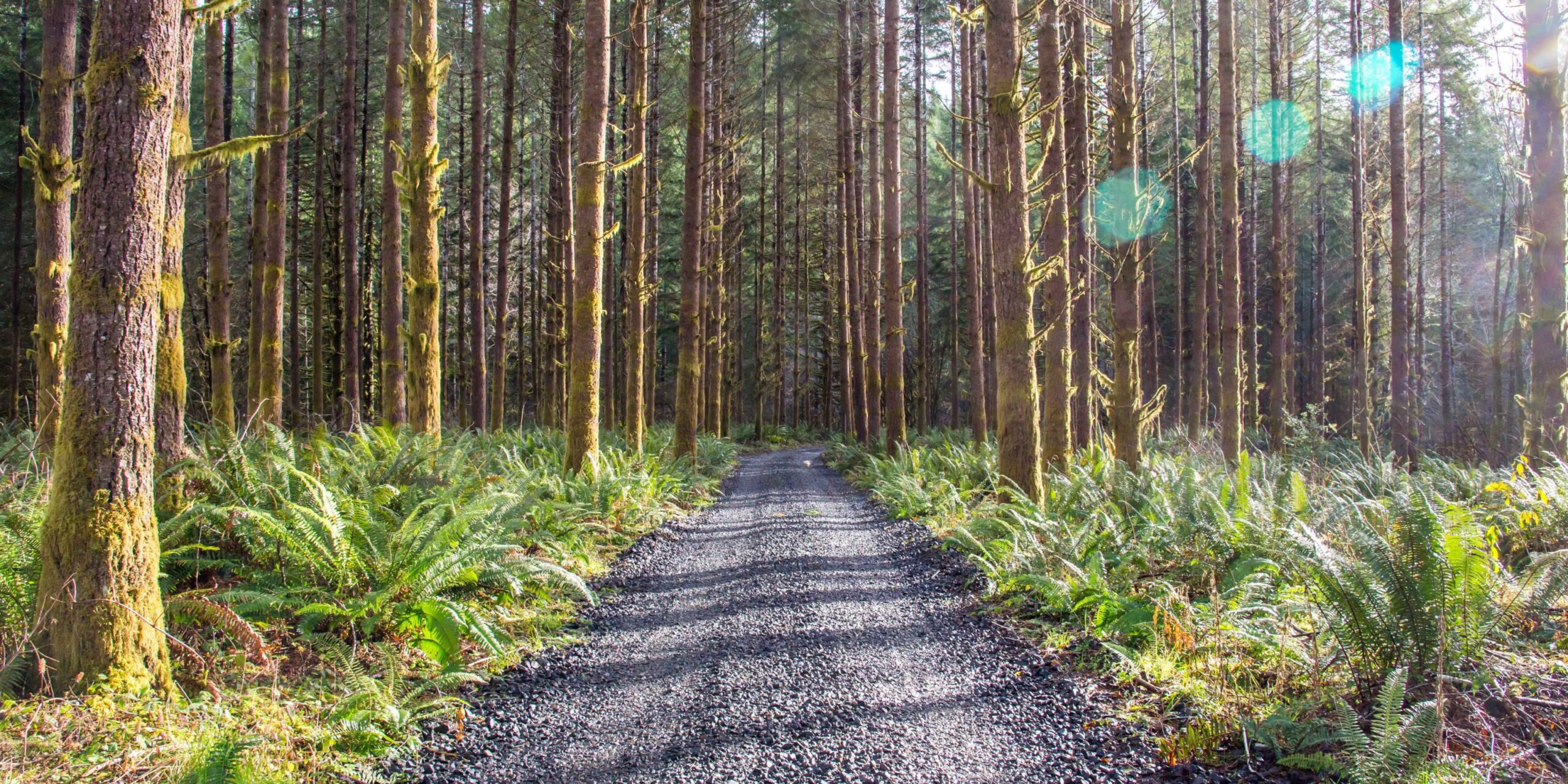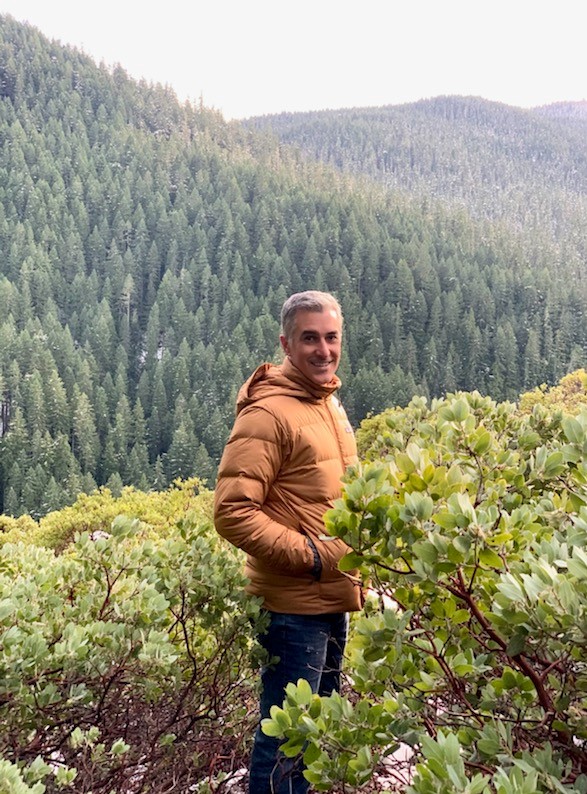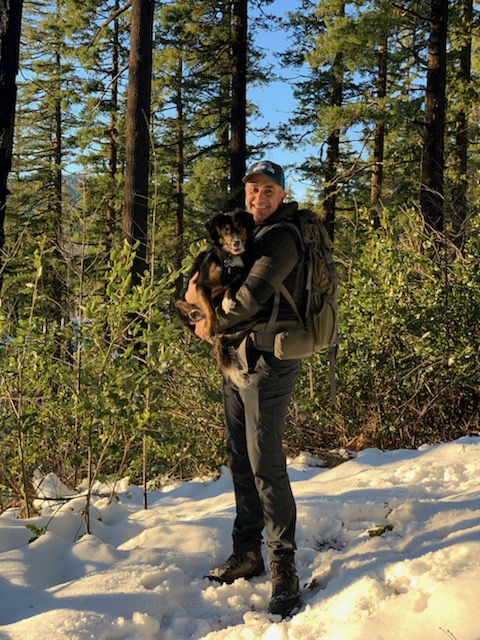
Work. Play. Renew.
Oregon’s Private Forest Accord – Your questions answered
The Oregon Legislature is considering Senate Bill 1501 and Senate Bill 1502, legislation intended to codify in state law new forest management and conservation rules set within a historic agreement between Governor Kate Brown, private forestry representatives, small forestland owners, and environmental groups.

Oregon Forests Forever asked Chris Edwards, President of the Oregon Forest and Industries Council, about the agreement and what it means for Oregon. OFIC is a trade association representing forest products manufacturers and larger forest landowners from all around the state.
Together, OFIC members provide for themselves, their families and more than 60,000 other households via direct employment from their lands and manufacturing facilities.
Oregon Forests Forever: What’s the purpose of this agreement?
Edwards: The agreement abandons costly and controversial ballot measure fights in exchange for mutually agreed-upon updates to the state’s forest laws and creates significant new protections for aquatic species habitat within Oregon’s private forests.
Oregon Forests Forever: What does this mean for private landowners and those who work in the timber industry?
Edwards: The new rules do ask for landowners and others to make some very large sacrifices. They reduce the amount of timber private landowners can harvest in order to enhance protections for fish-bearing waterways. Private landowners have also committed to providing $5 million per year for the next 50 years for conservation efforts.
Oregon Forests Forever: What do private landowners and rural communities get in return?
Edwards: In addition to continuing to provide clean water and protected habitat, the agreement provides legal certainty and regulatory stability for Oregon’s forestry sector and the hundreds of thousands of jobs it supports.
It establishes long-term rules that allow private landowners, local businesses and rural communities to plan for the revenues that are generated by harvest operations. It also creates a new framework for how future water-related changes to Oregon’s forest practices will be made that incorporates a robust and thoroughly vetted scientific process. This is really about securing the future of forestry in Oregon. Oregonians will be assured cool/ clean water and a stable forest products sector that produces a much-needed supply of renewable wood products and family-wage jobs.
Oregon Forests Forever: What’s covered by this agreement?
Edwards: The new rules will form the basis for a statewide Habitat Conservation Plan (HCP). HCP’s are issued by the federal government and offer legal protection and endorsement by federal agencies that the protection measures are adequate for the protection and recovery of species. These rules, and the HCP, will cover salmon and several other stream-associated fish and other aquatic species. This HCP will cover private forest land in our state, which is about 10 million acres. The Oregon Board of Forestry, the U.S. Fish and Wildlife Service and NOAA Fisheries would also participate in the development and approval of this plan.
Oregon Forests Forever: Didn’t the Legislature already approve this forest agreement?
Edwards: Senate Bill 1602, passed during a special session of the Legislature on June 26, 2020, was the first step in this process. In addition to formalizing the Private Forest Accord, it increased drinking water protections through changes to helicopter applications of herbicides of forestland that went into effect in 2021. These changes included the creation of a new, first in the nation electronic notification system for real-time communication of applications to neighbors, new reporting requirements, and increased buffers for homes, schools, drinking water intakes and streams.
Legislation pending now in the February 2022 session builds upon that work.
Oregon Forests Forever: What’s next?
Edwards: If the Legislature approves Senate Bills 1501 and 1502 and the governor signs them into law, a rulemaking process will commence at the Board of Forestry to implement the new rules and then an application will be made to the federal services for a statewide HCP.
Oregon Forests Forever: What else should Oregonians know?

Edwards: Not everyone agrees with all the elements in the agreement, which is probably an indication that it is truly a compromise. And compromise is never easy, but this agreement is the product of more than two years of negotiations involving groups with very different perspectives, and a long history of contentious relationships. The fact that they were able to put their difference aside, come together, stay together, and reach an agreement is honorable. As Oregonians, we should all recognize and strive for collaboration over conflict. We are all stewards of the land we all take that responsibility seriously.